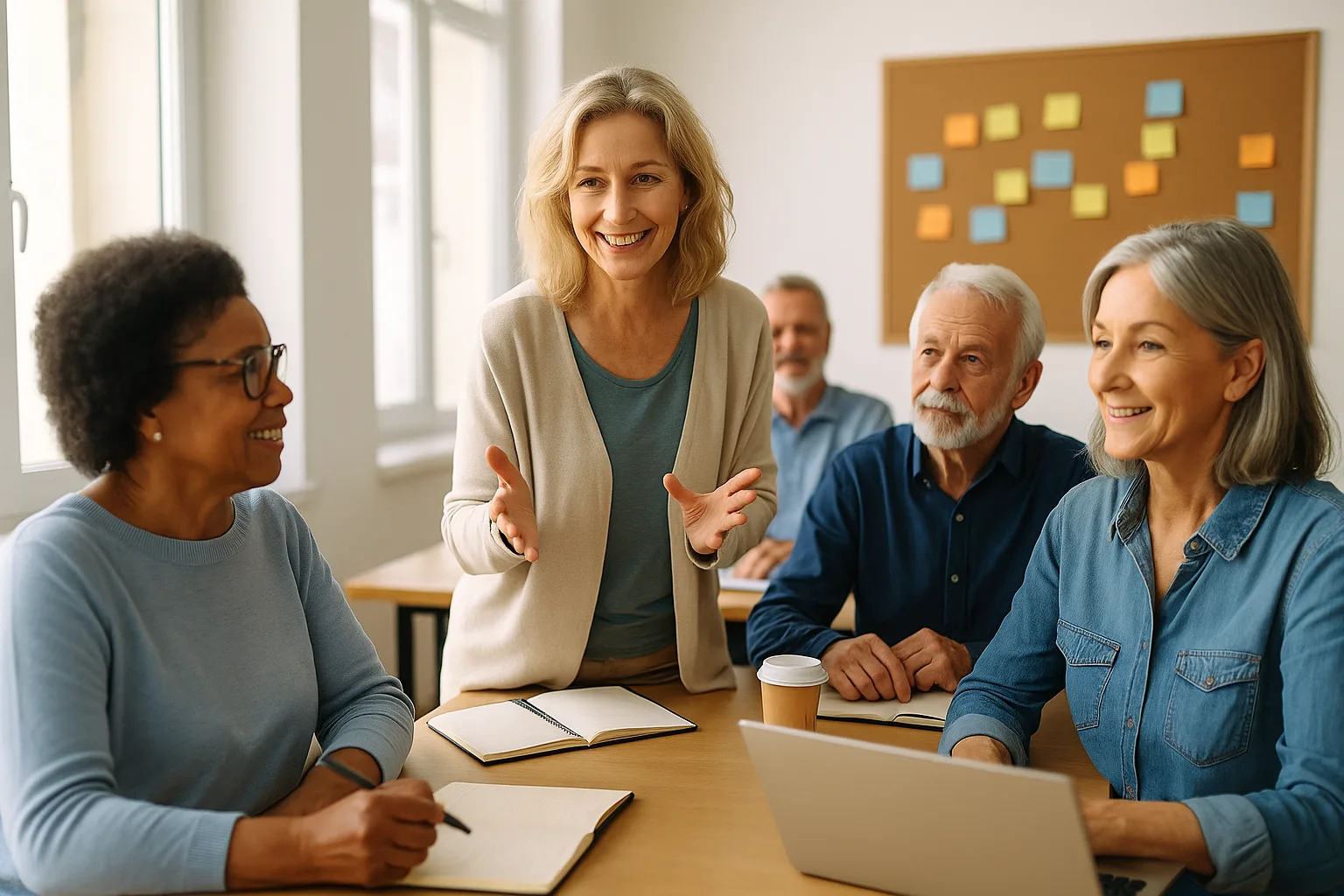AIM
The project aims to improve media literacy in older adults through journalism and digital skills enhancement, promoting social activism and bridging the generational digital gap. It emphasizes the need for both face-to-face and blended training formats.
A new professional role, Media Educator for the Elderly, will be developed to address this need. Specific objectives include assessing seniors' learning needs, defining the Media Educator's role and competencies, creating methodologies to enhance critical thinking and ICT skills, developing competencies for Elderly educators, raising awareness through curriculum and e-learning platforms, and fostering older adults' self-efficacy as media users and creators.
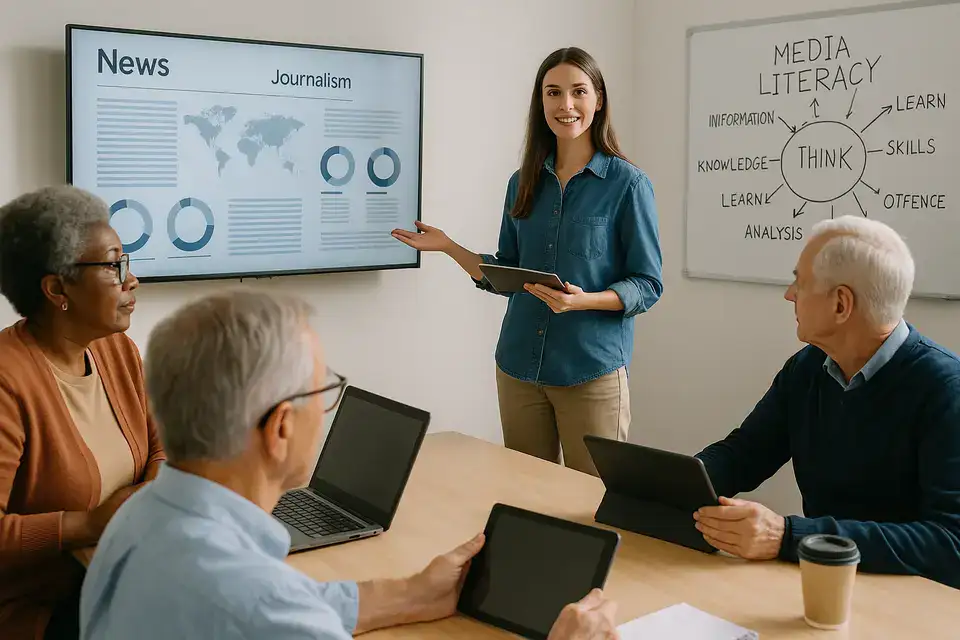
The Idea Behind
The idea from which we created the BonJour Project is originally linked to a societal issue: the spread of disinformation and misinformation which can threaten democracies, polarize debates, and jeopardise the health, security, and environment of EU citizens.
Older adults, especially those over 55, may lack the media literacy needed in a digital society, risking exclusion due to insufficient digital education. The COVID-19 pandemic and the war in Ukraine highlighted the importance of media literacy and cybersecurity to eliminate fake news.
The digital age complicates the identifying of credible information, making media literacy challenging to teach. Providing training can help older adults become effective communicators and discern fact from fiction. Older adults are particularly vulnerable to manipulation and propaganda, often sharing more fake news than younger users. This misinformation can lead to economic, health, and social exclusion, as well as ageism in media portrayal.
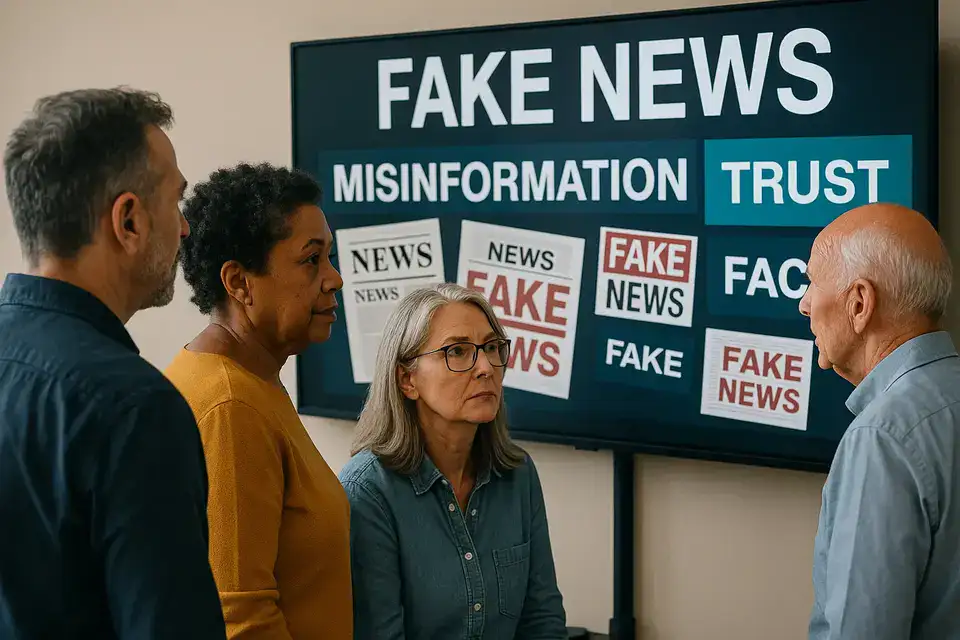
Target Group
Older Adults 55+
Adults over 55 who are outside formal education and the workforce, in need of accessible tools to navigate the digital and media landscape.
Adult Educators
Professionals working in adult education or lifelong learning, interested in new methods to teach media literacy and journalism.
Organizations
NGOs, institutions and training centers that support social inclusion, intergenerational learning and active citizenship.
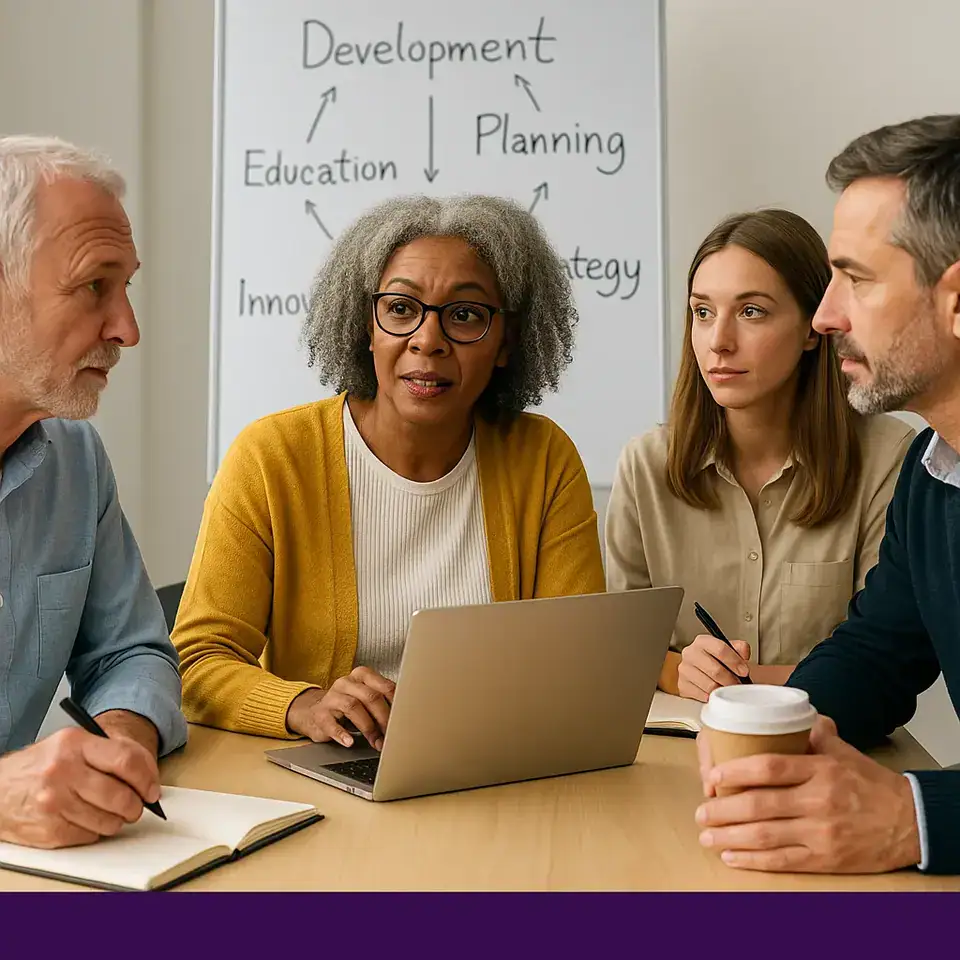
Objectives
Assess the specific learning needs of seniors in the field of media education (WP2).
Define and develop a new professional figure – Media Educator for the Elderly, and his/her competences (WP3)
Develop the Methodology of enhancing critical thinking and ICT skills of the elderly through media literacy, digital skills development and JOURNALISM (WP2)
Develop media, digital and pedagogical competences of the Elderly educators through the Handbook and Guidelines creation for Media Educators (WP3)
E-learning platform (WP4)
Foster older people’s self-efficacy as users and CREATORS of media and digital content, not only passive consumers
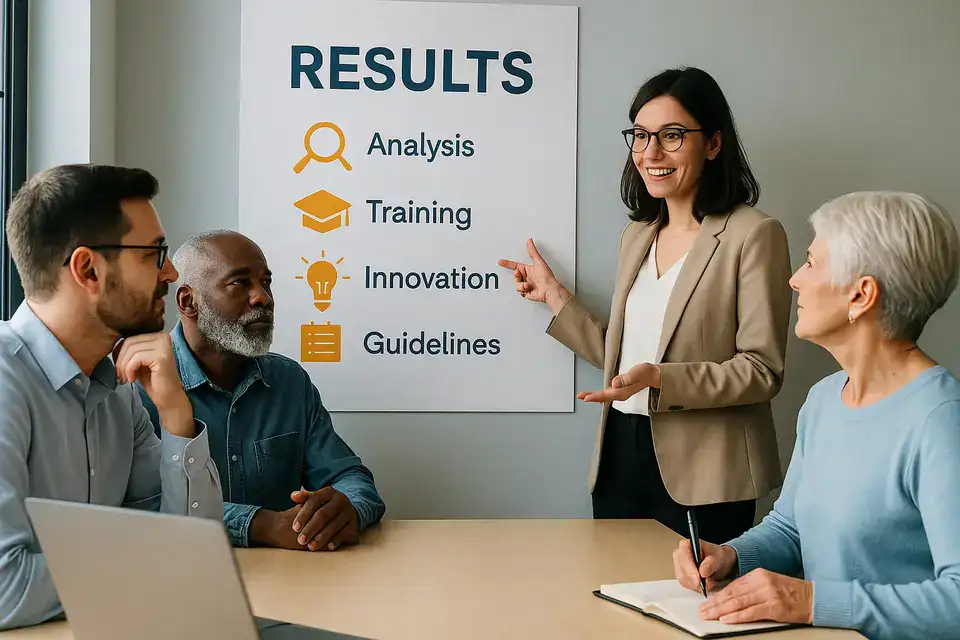
Results
Specific learning needs of seniors in media education are analized
Profile of Media Educator for elderly people is identified and described
Innovative Methodology of Media Literacy for the Elderly based on JOURNALISM, not only Digital skills development is created
GUIDELINES for Adult centres willing to promote a new figure of Media Educators for the elderly is developed
CURRICULUM for the training for Media Educators for Elderly people is created (Digital area, Pedagogical area, Communication and Journalism area)
POOL OF MEDIA EDUCATORS FOR THE ELDERLY will be created: 13 Adult Educators from 6 countries will become Media Educators through the training in Poland (LTTA1, 3 days)

